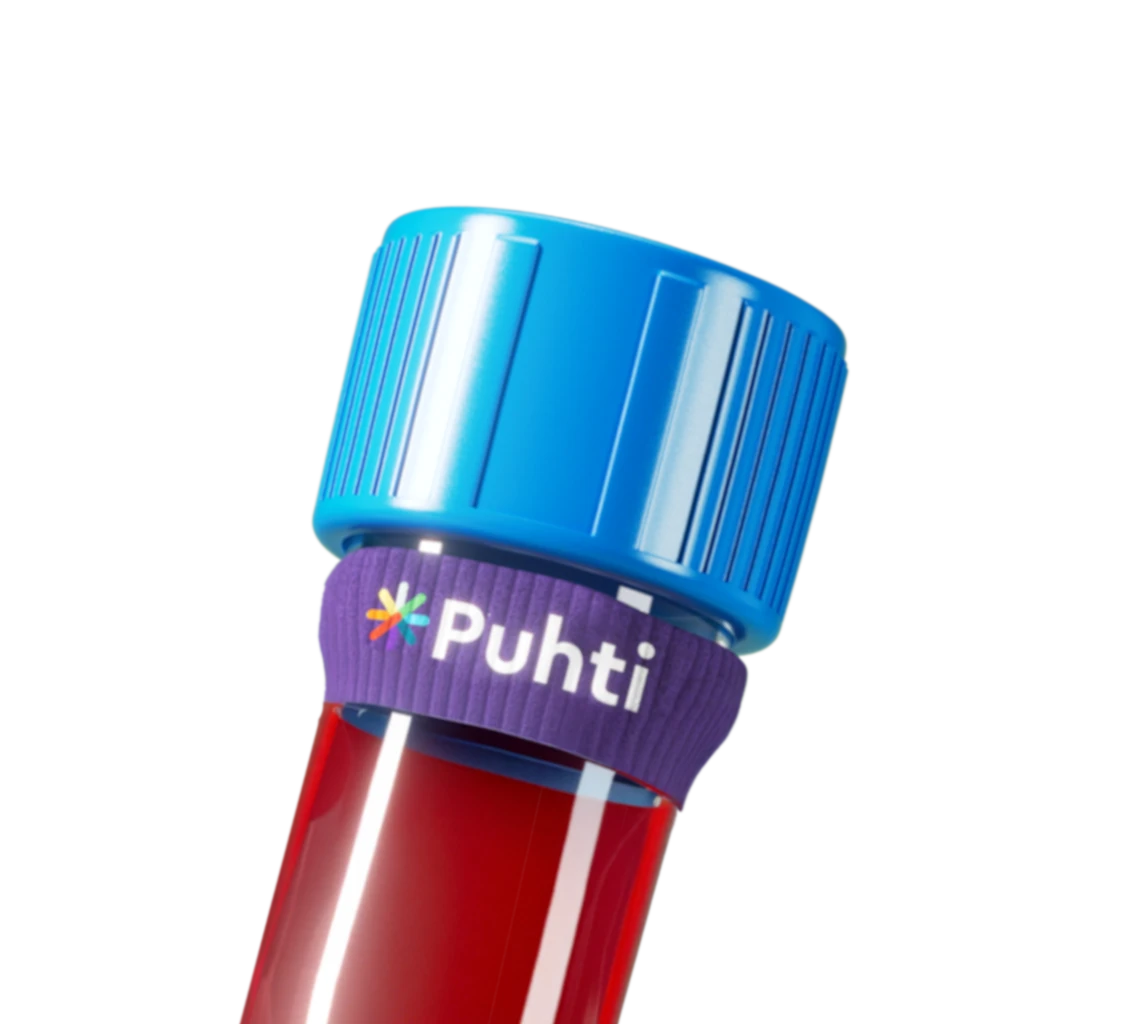Laboratory package for women
Does not require fasting
Measurement in the laboratory
Includes 23 test results
159,00 €


